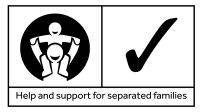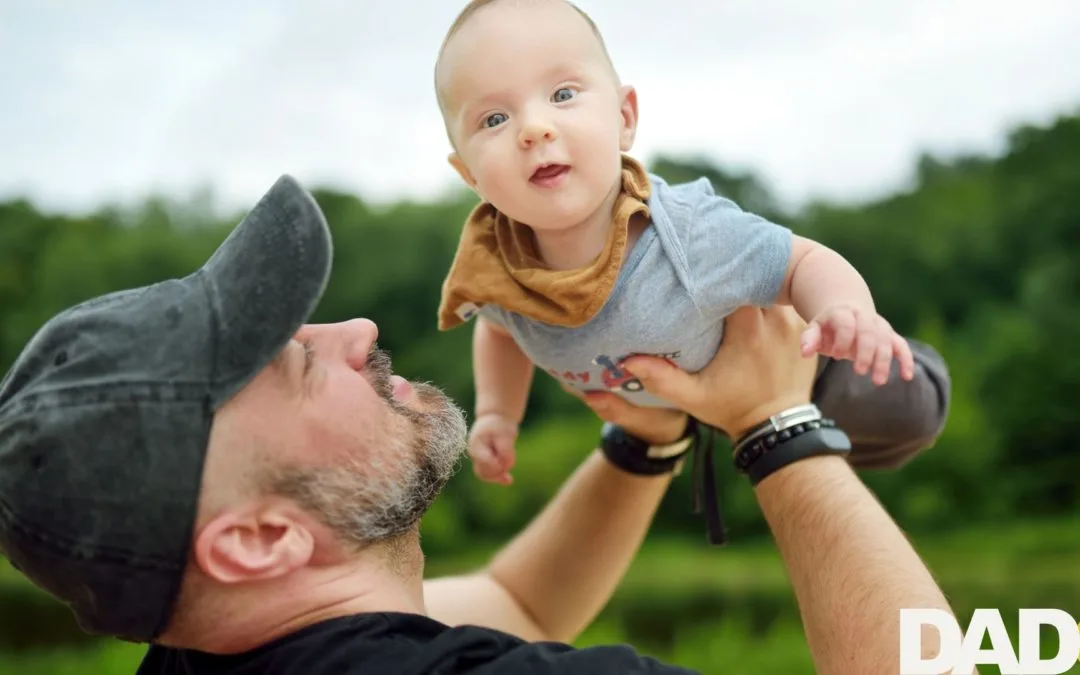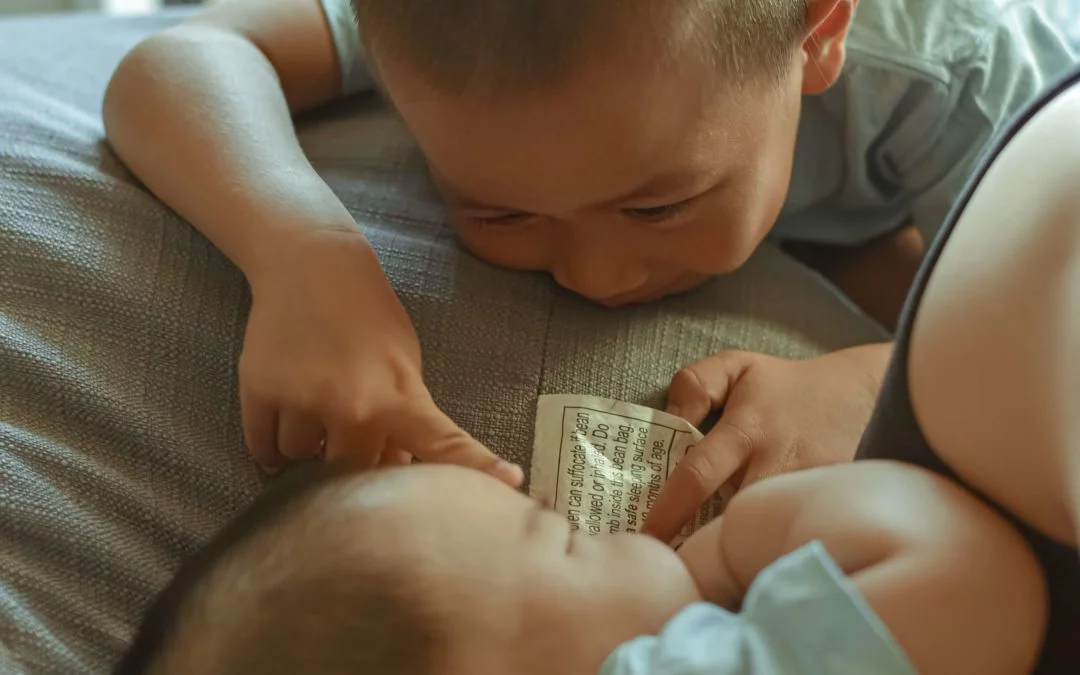When parents separate, the effects on children can be devastating. As a dad, you can make choices that limit the damage and help your child adjust to the new situation. We suggest ten golden rules to follow to protect them from the worst of it. Every situation and every child is different. You’ll need to listen to your own children to try and understand their responses to the changes. There are a few guidelines that are pretty much universal though, so here are some to get you started…

One. Keep any conflict away from your child
Children need to be kept safe from any conflict between you and their mum. The absence of conflict between you and your child’s mum will be the key factor in how well they will adapt to their post separation world.
Two. Respect their relationship with their mum and don’t make them take sides
However hard it is, however much you dislike her, don’t let your children know: since children are aware they’re made from both their parents, negativity from one parent toward the other makes them feel personally attacked. So never, never criticise their mother in front of your child: it will tear them apart.
Three. Make sure they’re provided for
When children from separated families do badly, it’s often because their standard of living with one or both of their parents drops and they grow up poor. So doing your best to help your children, yourself and their mother have enough money to live on can be one of the most important contributions you make. Be systematic about this, and look for financial help if you need it.
Four. Keep communicating about your children
Nobody is asking you to remain best friends with your child’s mum but you do need to keep open the communication channels with her. It will help to keep your child safe. If you can’t talk face-to-face, find another way of communicating. Try telephone, email or text messaging.
Communicating with your child’s mother
Five. Deal with your emotional responses away from your children
Your child doesn’t need to witness your pain. No matter how hard you are struggling, never allow your hurt to spill over into your interactions with your children. You are the adult and they must be allowed to remain as a child.
Six. Try to get your child to express their feelings
Children are good at hiding their experiences from their parents, especially when there is a crisis. Don’t avoid their pain, even if you feel responsible for causing it. Talk to them, listen to them, acknowledge their experience and reassure them. If your child is too young to talk, get them to draw how they feel.
Seven. Try to agree how your child will be brought up
Talk to your child’s mum about the things that you consider to be the most important in their upbringing. Try to reach agreement on these points and then accept that, outside of these, you will both do a good enough job of parenting. Don’t sweat the small stuff.
Eight. Do what you say you will do
Be where you say you will be, do what you say you will do and be in a fit state to do it. Your child will thrive in the certainty that this brings.
Nine. Be flexible
Separation is a process rather than an event. Don’t wave court orders around unless you absolutely need to. Your arrangements are primarily for the benefit of your child so be flexible around parenting time if it is in their interests.
Your workplace rights: flexible working
Ten. Don’t give up
Government figures suggest that up to 25 per cent of children do not see anything of their non resident parent. Whether or not you see your children may not be up to you, but you can do everything in your power to maintain your relationship with them. Sometimes it can feel like a pretty lonely and difficult job, but the love and security that you can give your children will last them a life-time. So stick in there!
The long term: things to bear in mind









